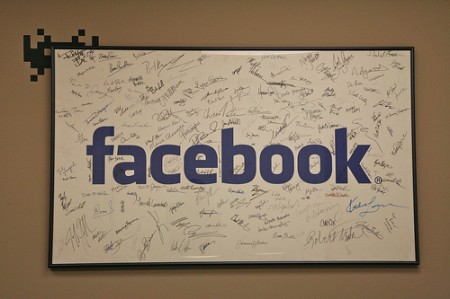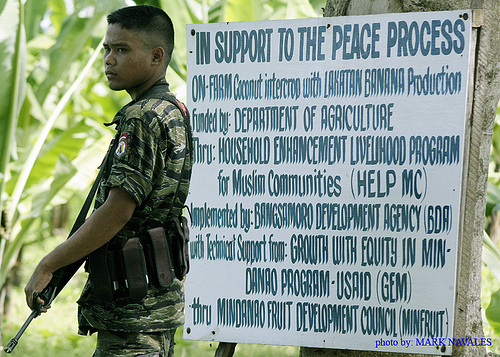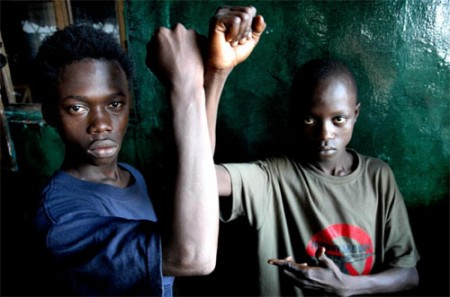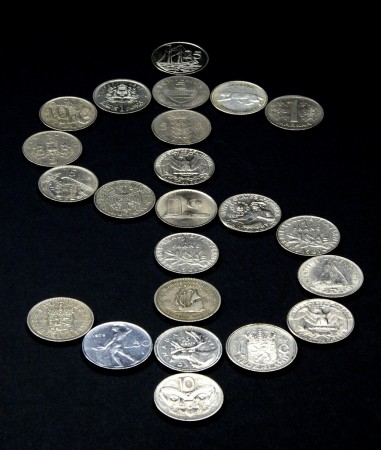Imagine you are asked to vote on a treaty concluded between your home and your neighboring country. The treaty aims at improving cooperation in border control matters between the two states. Would you vote in favor of or against adopting the treaty? Or would you not go to the polls at all?

The Action for an Independent and Neutral Switzerland (AUNS) launched a popular initiative, which, if adopted by Swiss voters, will amend the Constitution so as to require a popular vote on all but the most trivial international treaties. What sounds like empowerment from a committed democrat’s point of view sounds like handcuffs from a foreign policymaker’s perspective.
Yet, the motivation behind AUNS’ initiative is not so much democratic as politically strategic. The group’s main goal is to prevent Switzerland from joining the EU, overtly, or as they fear, covertly. AUNS members, which unsuccessfully vowed against Switzerland joining the UN in 2002, lament that the Swiss political elite is too open-minded toward the world. The strategy they employ is an old one: If you think the majority of the people is behind your cause, you ask them, if not, you ignore them.




